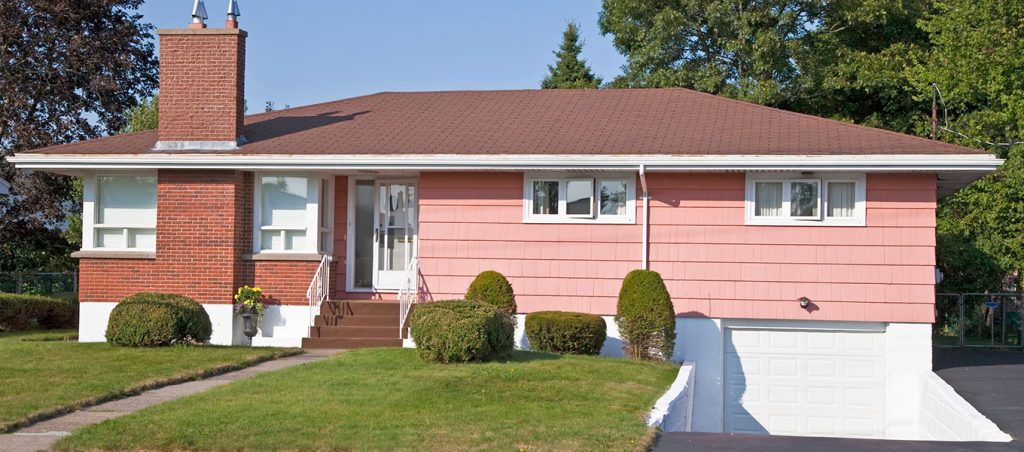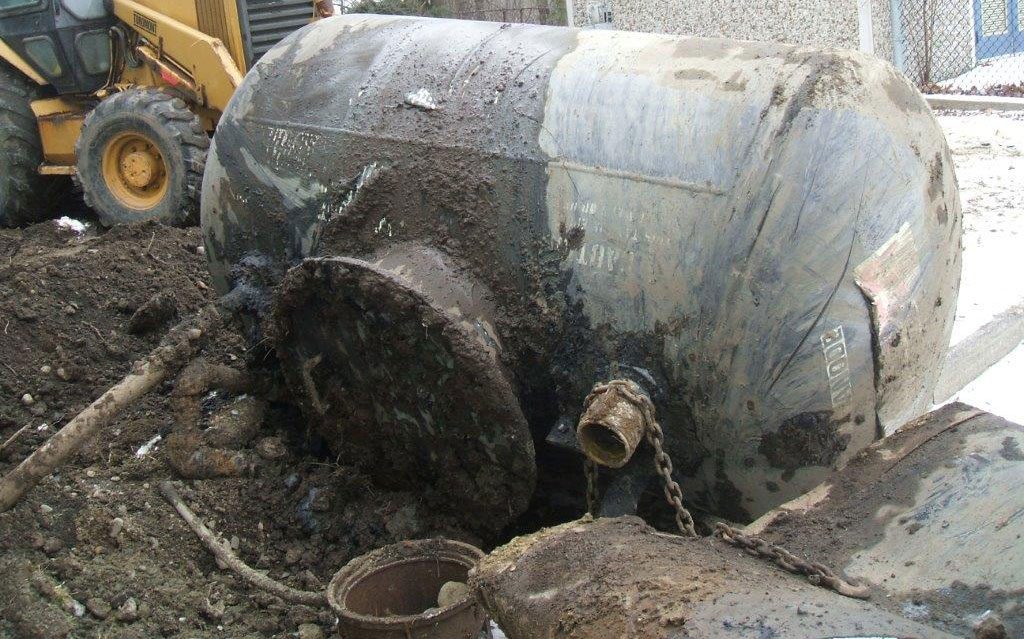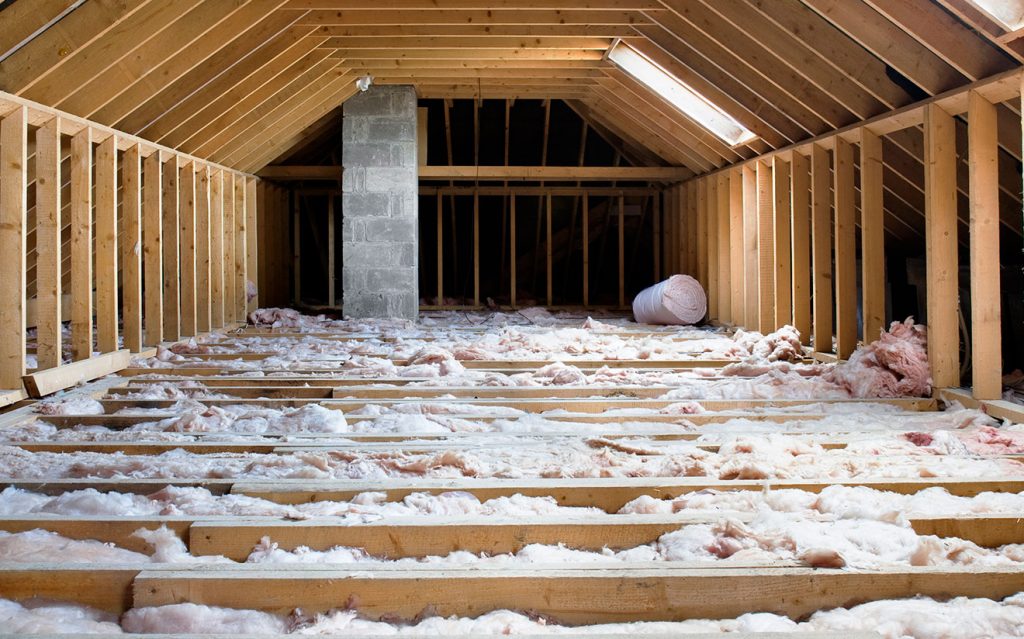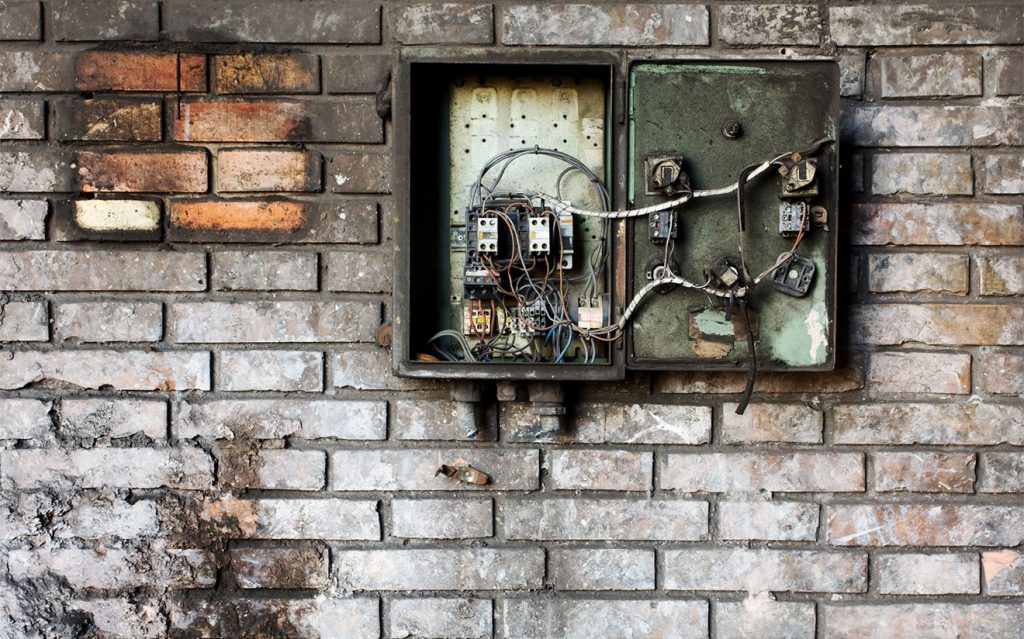
The home sales process can be full of both exciting and unpleasant surprises. This is especially true for buyers and sellers of older homes, which are often sold conditionally on a thorough inspection.
In this article, we take a look at what you should be aware of when it comes to a home built prior to the 1980s:
Residential Oil Tanks
First and foremost, if your home was built before 1982, odds are you have an oil tank on your property that is not up to code. This is a problem as underground oil tanks can corrode, and if they still contain oil, they can leak and contaminate soil and groundwater on your property – possibly preventing a sale from going through.
If the soil on your property is contaminated, soil remediation and/or foundation underpinning may be required to return the site to its natural, healthy state.

Why 1982?
As of 1982, oil tank regulations and standards were updated in Ontario; to demand all tanks have cathodic protection and address a variety of other safety considerations. Before 1982, cathodic protection was not mandatory in Ontario.
When it comes to steel structures, corrosion is a big concern. Cathodic protection ensures that steel tanks do not degrade or fail; by connecting the tank to a ‘sacrificial’ metal that acts as an anode for an electric current that may cause corrosion.
To learn more, please visit Ontario.ca.
Residential Oil Tank Removal
Waterline Environmental Inc. helps homeowners through the process of removing and updating their existing residential oil tanks. If you suspect that there is a buried fuel tank on your property, you will not know whether it is leaking until it is removed. Therefore, the longer you wait before having your heating oil tank removed, the more likely there is contamination, increasing the potential for costly clean up.
If you need an oil tank removed or an expert opinion and accurate soil sample testing before selling your home, call Waterline Environmental Inc. at 905-876-8298.
Roof & Attic
When looking to purchase or sell an older home, it is also important to hire a trusted roofing professional to inspect the roof and attic. Roofers can check for any leak concerns, can detect if shingles need to be replaced, and can also determine if the attic is properly insulated (many older homes are not).

Why is insulation important?
Properly laid roofs and insulated attics cut drafts, lower energy cost, help to control temperatures in the home, and support the environment by reducing heat escape.
If the roof and attic need to be serviced on a home you’re looking to buy, ask that the owner correct the problem, or, set budget aside to address the issue upon ownership. If you’re looking to sell, fixing the roof will increase the value of your home.
Run-Down Windows & Doors
When it comes to older homes, windows and doors have hopefully been replaced since the 80s. However, an inspection will help to ensure the home is properly sealed and protected from exterior elements.
As homes age, they become run-down, can shift as the ground changes, and more. So, always ask that your inspector check for drafts, mould, broken seals, cracks, etc.
Poor Plumbing Systems
Older homes are prone to leaking, pipes bursting, and corrosion as pipes naturally age and wear down, and the piping materials and technology simply weren’t what they are today back then.
Did you know?
If your home was built between 1945 and 1980, you might be living on top of cardboard-like piping called no-corrode pipes or Orangeburg pipes. These cheaply made piping solutions are now breaking down, bubbling, breaking open, and causing serious messes for homeowners.
Be sure to call your trusted plumber to learn more or to receive a video inspection.
Crumbling Foundation
Foundation inspections are different than general home inspections and are completed to determine if there are any glaring structural issues with the home. A solid foundation will be free of major cracks, moisture, mould, and will have proper ventilation, strong support beams, and be free of sloping.
With older homes – you need to be sure your home has been retrofitted or renovated appropriately and safely.
Out-dated Electrical
All electrical work needs to be completed under the Ontario Electrical Safety Code. As the code is updated every few years, it’s a good idea to have your new or current home inspected for any necessary updates – especially if it’s an older home.

It is also critical that you hire a Licenced Electrical Contractor when it comes to completing any electrical adjustments or repairs to your home. Licenced Electrical Contractors are required to display their ECRA/ESA licence numbers, and you can ask to see it.
To confirm whether the Code applies to your property, or to request an inspection, call ESA’s Customer Service Centre at 1-877-ESA-SAFE (372-7233).
Mature Yards
When it comes to inspecting an older property, don’t forget about the yard that surrounds a home! With mature tree growth can come pipe root invasion. Older trees can also become vulnerable during storms due to rot, overgrowth, or size – potentially harming your home, your family, your neighbours, or your car.